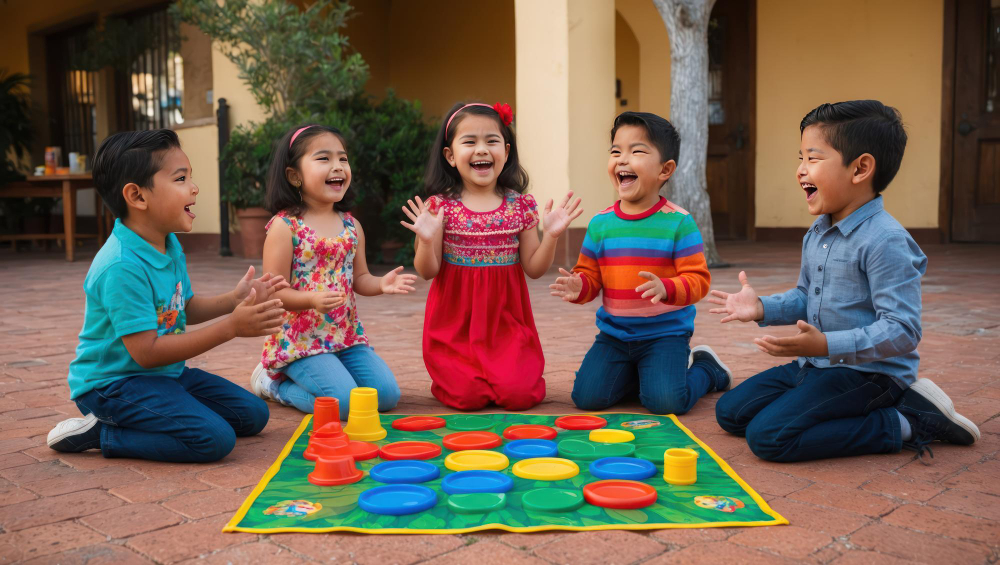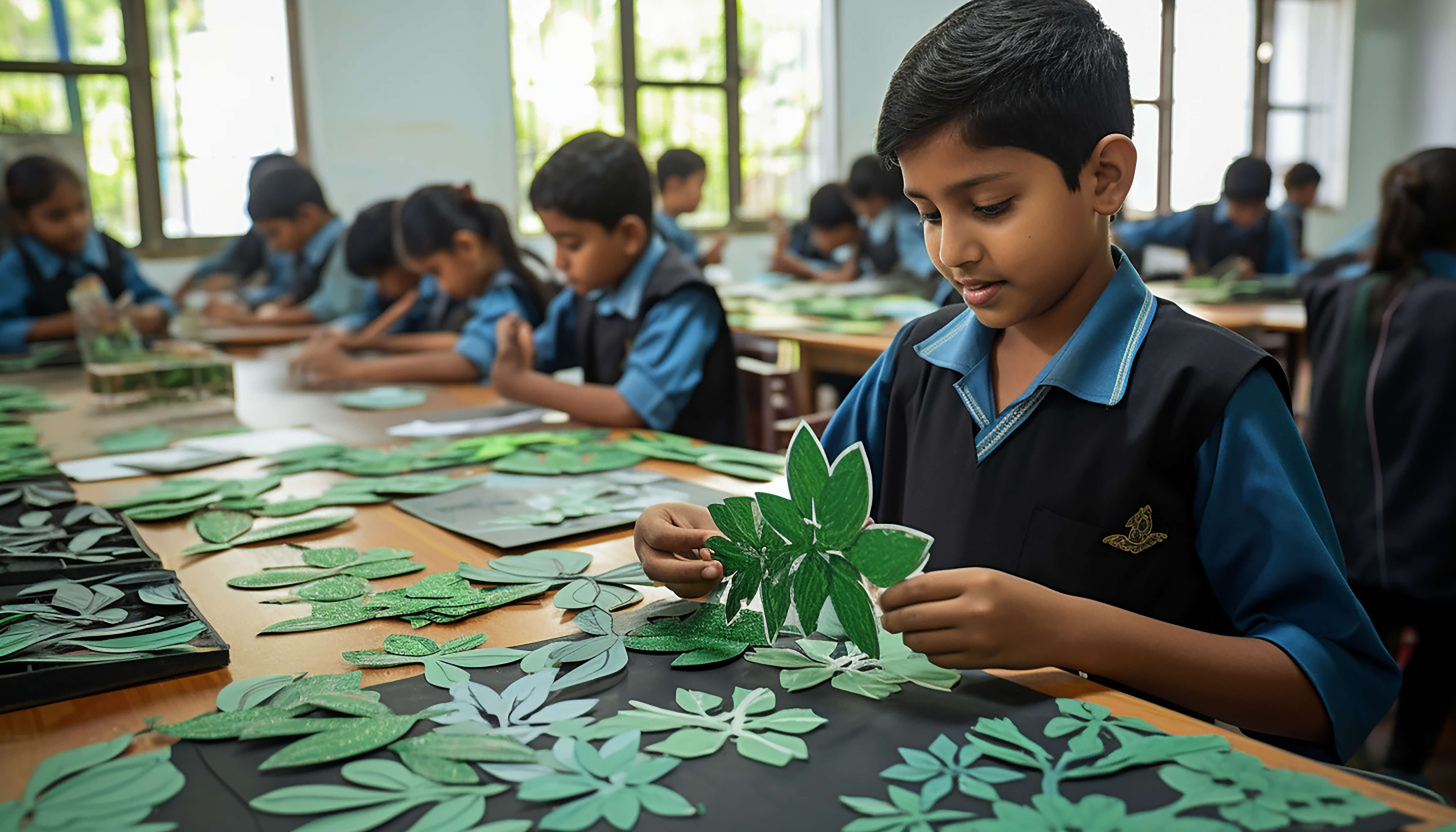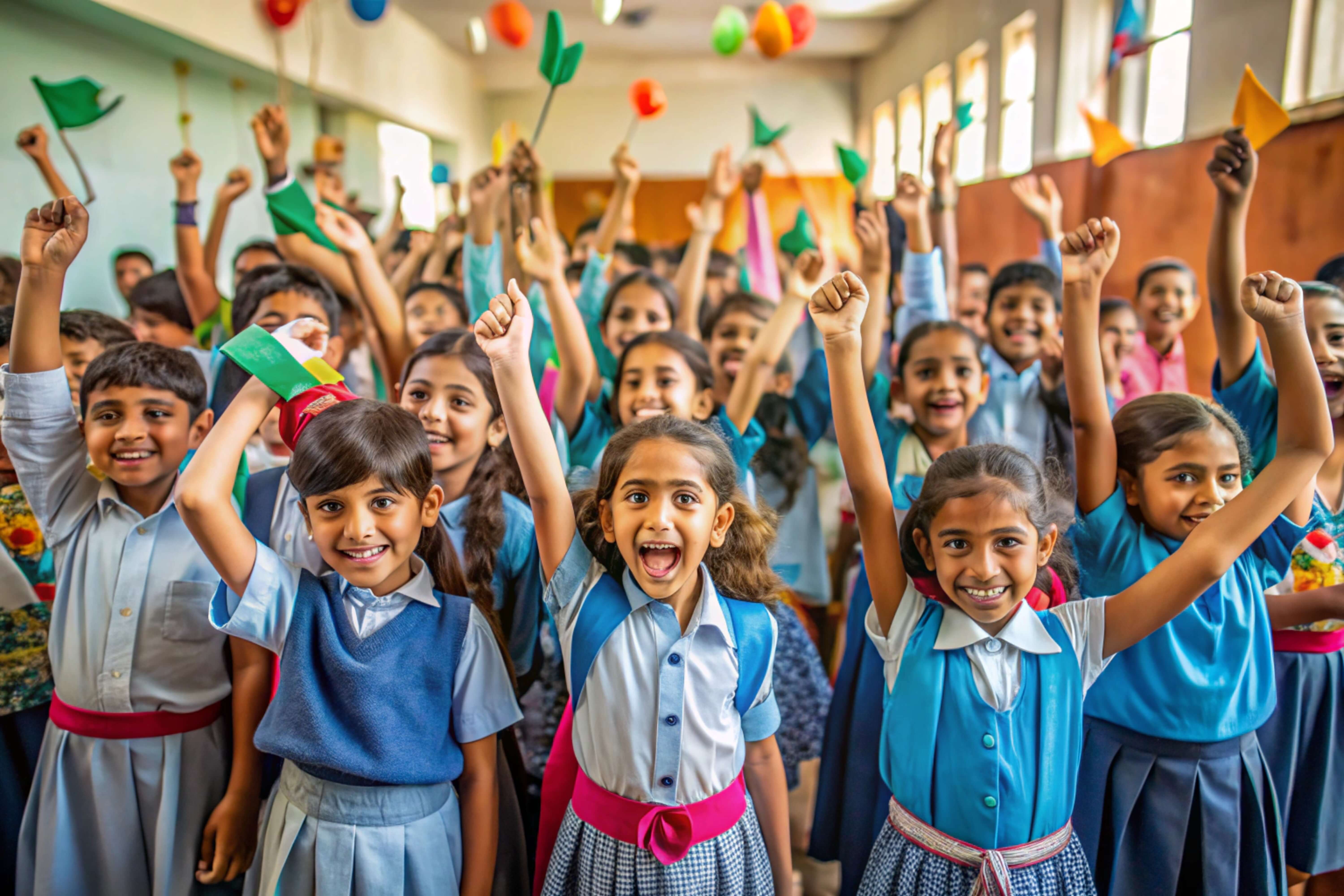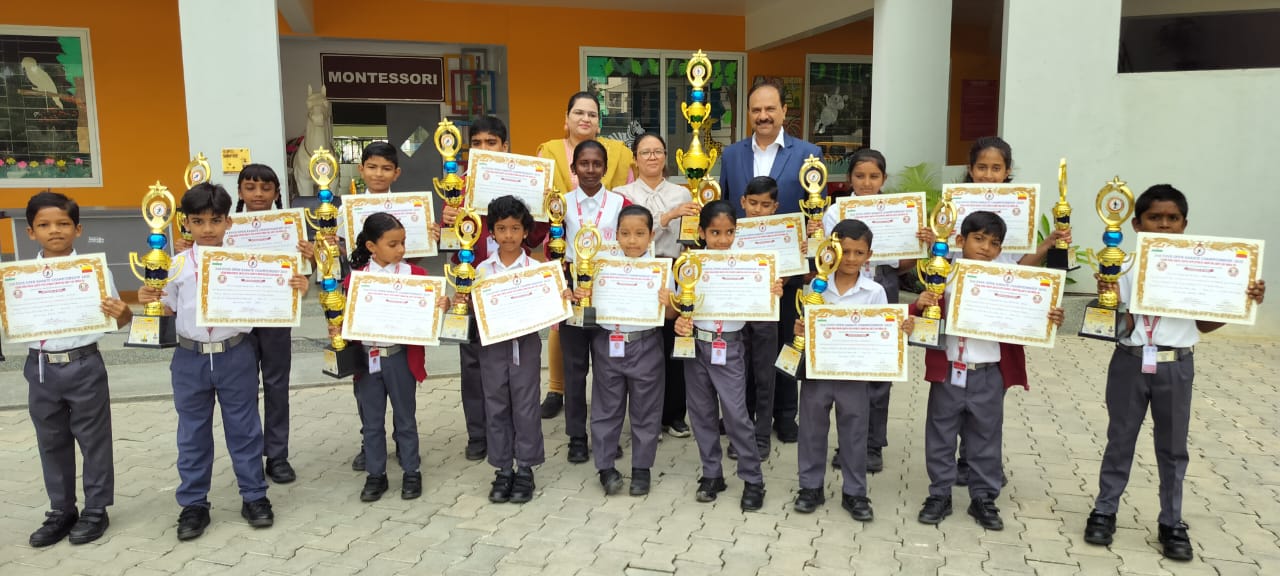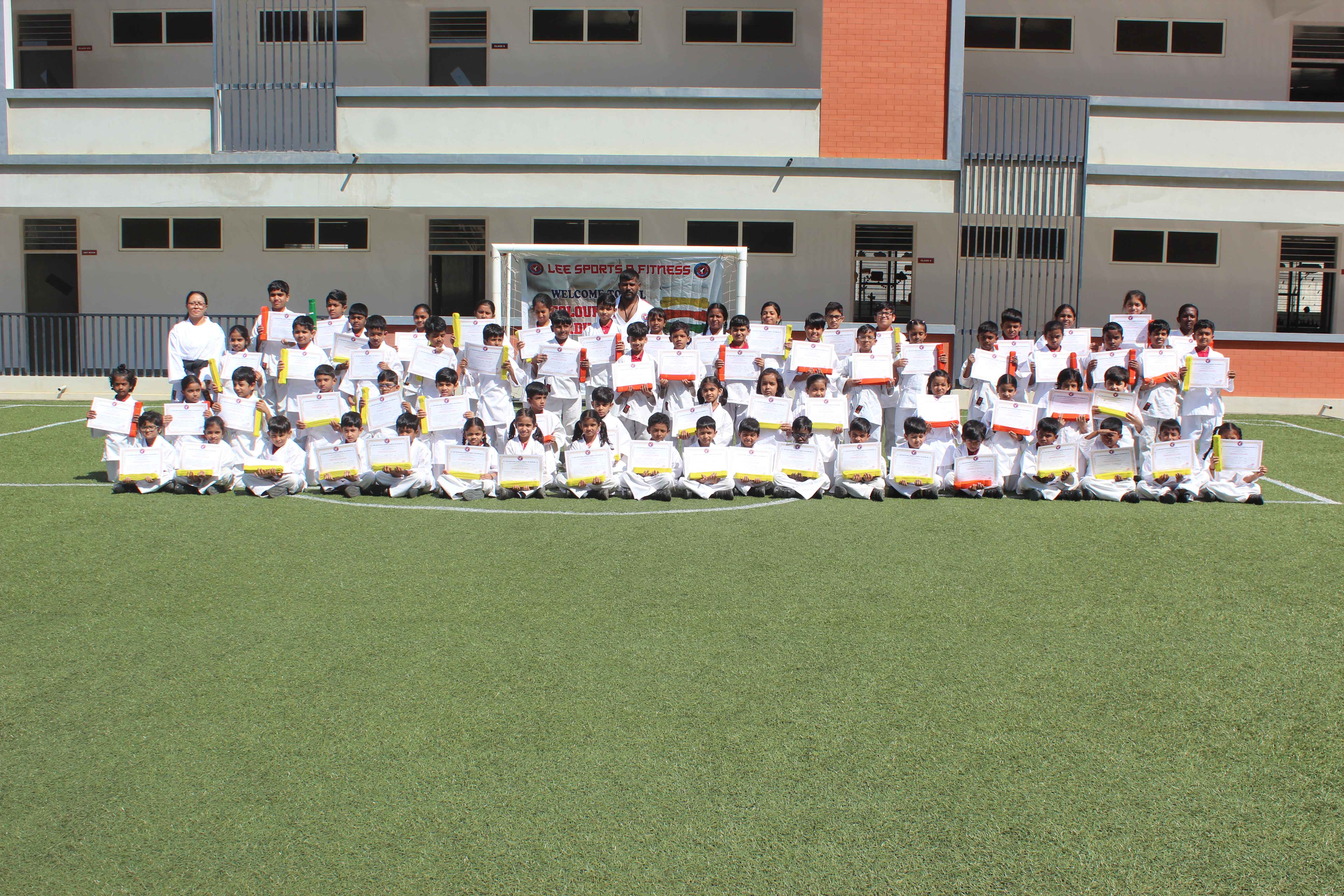Social skills are required for children to have meaningful relationships, negotiate situations in society, and even succeed in life. The abilities include communication, cooperation, empathy, and even conflict resolution. Schools stress that a child must possess social skills, as these would play a pivotal role in overall development and being ready for adult life.
Key Social Skills to Foster
Social skills are the building blocks of functional relationships and interactions in various life situations. Developing these in children facilitates their ability to effectively communicate, work in teams, and understand the feelings of others. Some of the major social skills every child should foster to ensure that they grow well socially and emotionally include the following:
1. Communication
Effective communication is all verbal and body language. Children should learn to express their thoughts clearly and understand body language and facial expressions. Activities like telling stories or group discussions help children express their ideas and listen actively to others.
2. Cooperation
Cooperation makes children understand the importance of teamwork and sharing. This enables them to collaborate well with fellow peers in a classroom or a group project. Schools often include cooperative activities such as art projects or science experiments that foster this very important characteristic.
3. Empathy
Empathy enables children to understand and respect others’ feelings. It helps in the development of kindness and good relations. Schools like CMR Gandhi Public school structure programs and activities that help in the development of this skill by asking students to put themselves in others’ shoes and be kind to them in daily interactions.
Strategies to Encourage Social Skills
Social skills must be encouraged by steady opportunities for kids to play and interact with others and practice good manners. Very straightforward yet effective ideas can make the child confident, cooperative, and more willing to share. Practical approaches for kids’ social development are given below.
1. Playdates
Children get chances to mix, play, and mingle in playgroups. These groups keep sharing, taking turns, and solving conflict; these teach children the skills of social growth, which would significantly contribute to their social development. Parents would be able to coordinate with other families coming from to arrange such playdates.
2. Group Activities
Team sports or group classes are great ways to improve social skills. Football, dance, or drama classes teach children the importance of teamwork, discipline, and cooperation. CBSE schools in Sarjapur Road like CMR Gandhi Public School often have such programs to encourage interaction and collaboration among students.
3. Role-Playing
Role-play activities are ways to help the children engage in numerous social situations such as introduction, toy sharing, and even apologising. These actions will increase confidence levels and better prepare the children for dealing with actual real-life situations. Parents or even teachers can employ this approach in teaching children the right answers in various social situations.
Parental Involvement
1. Modelling Positive Social Behaviour
Children learn from their parents. Being nice, respectful, and a good communicator is the right example for children to follow. Parents who are involved can teach these behaviours at home to enhance what the teachers teach.
2. Talking about Social Situations
Discussing social interactions with one another enhances children’s awareness and facilitates reflection upon their behaviour. For instance, after a playdate or a school event, parents can ask children to discuss the experience, what went well, and what could improve. CBSE schools like CMR Gandhi Public School would encourage parent discussion on such a note of strengthening social skills.
Conclusion
Nurturing social skills in children is an important part of their development. Such skills allow kids to get through relationships, become confident, and succeed in life in different spheres. By fostering communication, cooperation, and empathy through strategies like playdates, group activities, and role-playing, parents and educators can make a lasting impact. It doesn’t matter if it is a home or school; these environments will surely support the growth of children as wholesome individuals capable of thriving in the world.



